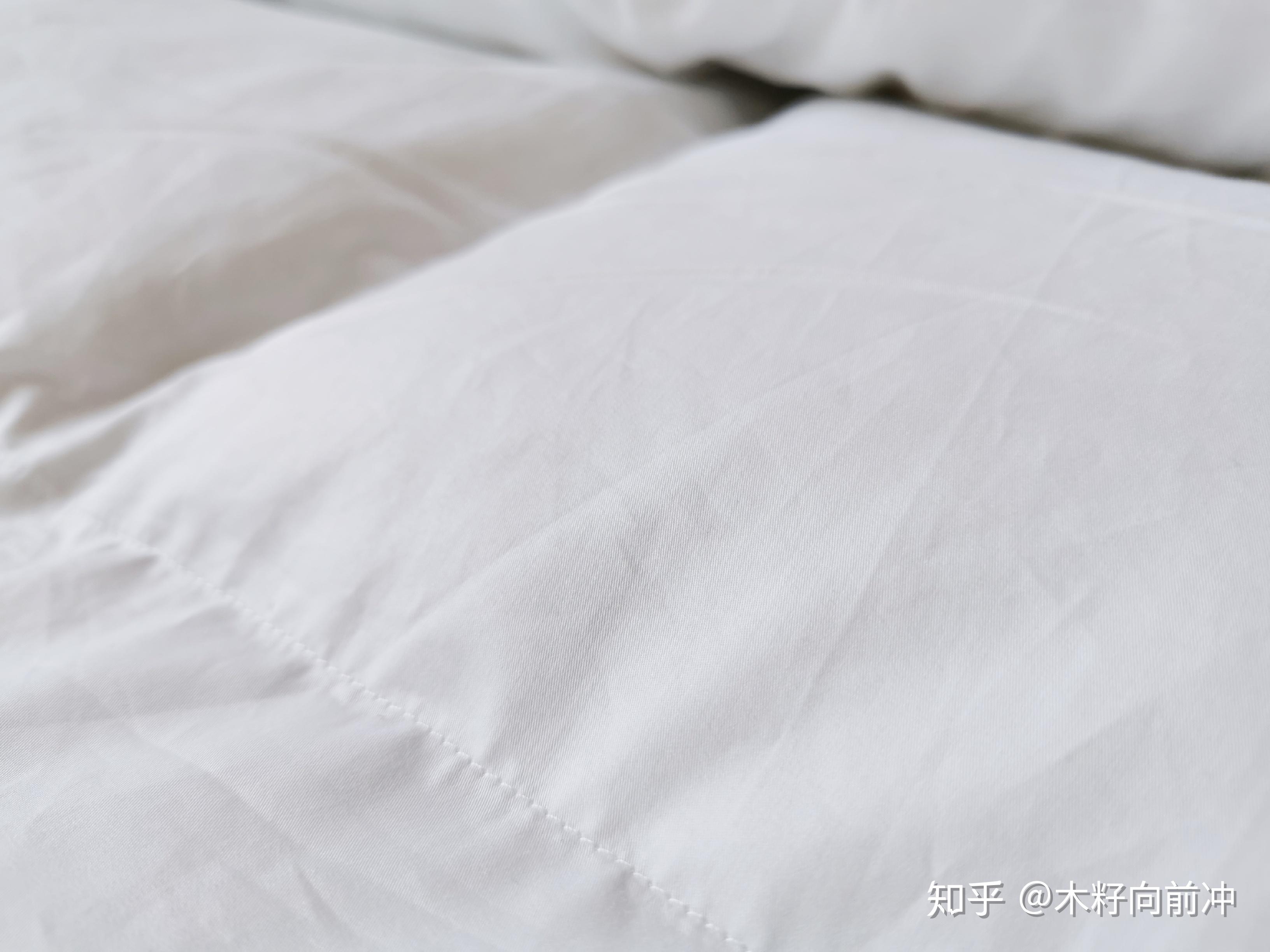Title: DIY Windproof Curtains: A Simple and Effective Solution
DIY windproof curtains are a simple and effective solution to keep your home warm and cozy during the colder months. By following a few easy steps, you can create a windproof barrier that will help reduce heat loss and drafts. This DIY project is affordable and sustainable, making it an ideal choice for those looking to reduce their carbon footprint while saving money on heating bills. The first step is to gather the necessary materials, including a heavy-duty fabric, such as canvas or denim, and some basic sewing supplies. Then, you can cut the fabric to size and use a sewing machine or hand-sewing technique to create a tight seal around the edges of the curtain. Finally, hang the curtains in front of windows or doors to create a windproof barrier. This DIY windproof curtain project is not only for the colder months; it can also be used year-round to help reduce heat loss and save energy.
Introduction
Windproof curtains, also known as draught excluders, are essential for preventing cold air from entering a room through the windows. They are particularly beneficial during colder weather or in areas with high winds. While there are many commercially available options, making your own DIY windproof curtains can be a cost-effective and environmentally friendly solution. This guide will show you how to make your own DIY windproof curtains using simple materials and tools.

Materials and Tools
Before you start, gather the following materials and tools:
- Thickened fabric (e.g., cotton, flannel)
- Curtain rods or tracks
- Hooks or clips to attach curtains to rods/tracks
- Sewing machine or needle and thread
- Scissors or rotary cutter
- Tape measure or ruler
Step 1: Measure and Cut Fabric
Firstly, measure the width of your window and add a few extra inches on each side for a flange. This flange will help to seal the window and prevent air from leaking through the sides. Once you have the width measurement, cut the fabric to size using scissors or a rotary cutter.
Step 2: Sew the Flange

Take the cut fabric and fold it over so that the extra inches form a flange on each side. Use a sewing machine or needle and thread to stitch the flange in place. Ensure that the stitching is close to the edge of the fabric to provide maximum protection against drafts.
Step 3: Attach Curtain Rod/Track
Next, attach the curtain rod or track to the top of the window frame using hooks or clips. If you are using a curtain rod, you may need to thread it through the top of the fabric and then attach it to the rod holders. If you are using a curtain track, you may need to drill small holes in the window frame to secure the track in place.
Step 4: Hang the Curtains
Once the rod/track is in place, hang the curtains from it using hooks or clips. Ensure that the curtains are pulled taught so that they form a tight seal against the window frame. Adjust the length of the curtains so that they cover the entire window opening, including the sides.
Step 5: Test and Adjust
Finally, test the windproof curtains by opening and closing the window. Check for any gaps or leaks where air can enter. If you find any gaps, use additional fabric or sealing tape to fill them. Once you are satisfied with the seal, your DIY windproof curtains are ready to use!
Conclusion
Making your own DIY windproof curtains is a simple and effective solution for preventing cold air from entering your room through the windows. By following this guide, you can create a cost-effective and environmentally friendly solution that will help to keep your home warm and comfortable all year round.
Articles related to the knowledge points of this article:
Title: The Art of Tie Clip placement: A Guide to Perfection
Title: Master the Art of Tying a Tie: A Comprehensive Guide to Tying a Tie Perfectly
The rise of the workwear jacket in the winter of 2023
Title: The Art of Mens Scarves: A Fashion Statement Beyond Measure



